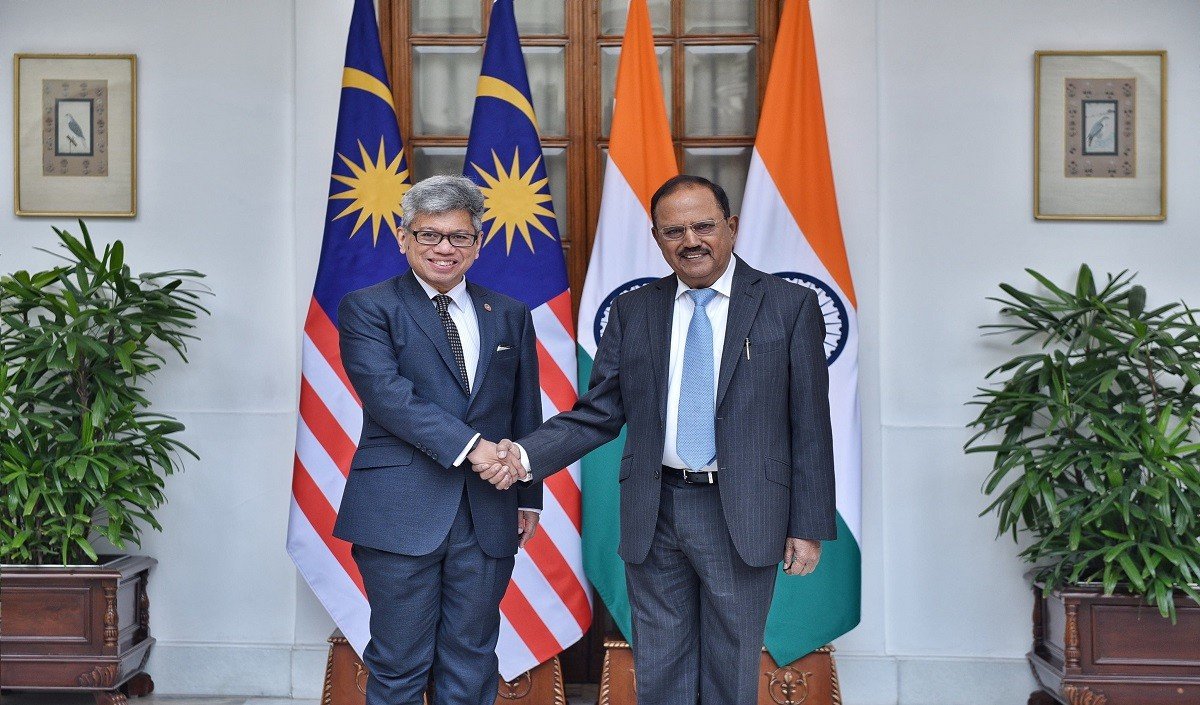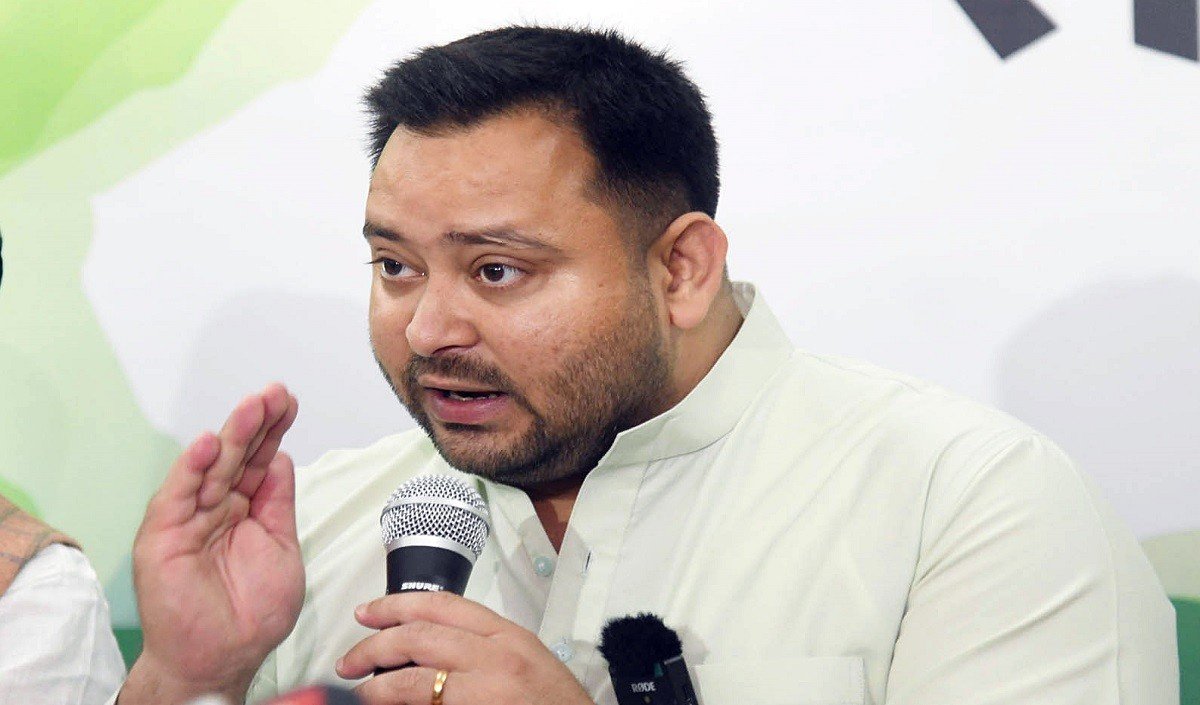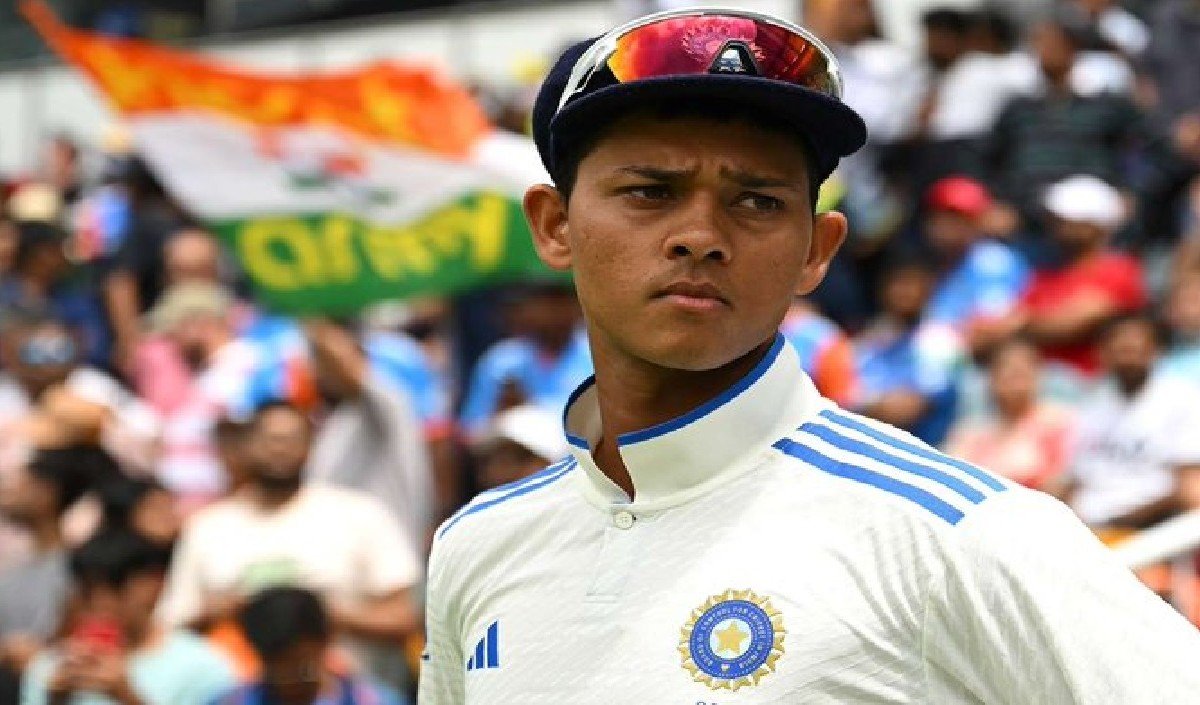In elections, various political parties have started making big announcements about attractive welfare schemes and providing free facilities to woo women. Welfare schemes and free facilities created keeping women in mind are now becoming game changers. The scheme of direct cash transfer to women’s accounts has become a tried and tested and powerful means of gathering votes in Indian politics. Although various kinds of announcements have been made regarding women for a long time, but after the success of this scheme in Madhya Pradesh, the same story has been repeated in Maharashtra, Haryana and Jharkhand. Due to which the enthusiasm of women voters is continuously increasing in the elections and its role in the victory and defeat of any party is also becoming clear. SBI research report on this topic has revealed that due to women-centric schemes, there has been a huge increase in the number of these women voters. According to the data released by the Election Commission of India, the total voters in 2014 were 83.4 crore, which has increased to 97.8 crore in 2024. In this the number of women voters has increased the most. According to the report of SBI Research Team, there are now 95 female voters for every 100 male voters in the country. Of the nine crore new voters who voted in the last ten years, the share of women is 5.3 crore. The increasing inclination of women towards voting is a good sign for the strengthening of democracy.
The new study has also revealed that female literacy has increased, which has a direct impact on the increase in the number of women voters. An increase of one percent in female literacy can increase the number of women voters by up to twenty-five percent. Another interesting aspect is that there was a continuous increase in voting in SC and ST categories, while it decreased in the general category. Now the role of women voters in forming governments is continuously increasing and becoming decisive. During his three-time rule, Prime Minister Narendra Modi, along with emphasizing on development, also paid a lot of attention to women upliftment. Women are getting encouragement in every field, getting independent identity and they are proving their talent, ability and skills in various fields along with politics. For the first time, after waiting for more than 27 years, the Modi government got the Women’s Reservation Bill passed by both the Lok Sabha and the Rajya Sabha. Meanwhile, the Modi government also named the schemes made for women in such a way that they are directly touching the hearts of women. Bills like Beti Bachao, Beti Padhao Yojana, giving gas cylinders to women through Pradhan Mantri Ujjwala Yojana, opening accounts under Jan Dhan Yojana, legally abolishing triple talaq for Muslim women, while increasing the stature of Prime Minister Modi, have also increased the stature of women. Activism in politics and greater participation in voting have been given new wings. More than 20 crore women, more than 5 crore school students and more than 11 crore working women have benefited from these schemes.
Read this also: Do not take Congress lightly in Delhi Elections, will the situation of BJP change by magic?
Now women have become important in making the existence of politics and politicians. In Madhya Pradesh, Maharashtra and Jharkhand, the role of women voters was decisive in the comeback of the ruling parties after the elections. Ladli Behan in Madhya Pradesh, Majhi Ladki Behin in Maharashtra and Mainiyan Samman Yojana in Jharkhand are examples of this. Similarly, Lakshmi Bhandar has come up in West Bengal, Grihalakshmi in Karnataka, Shubhadra Yojana in Odisha and Chief Minister Women Entrepreneurship Scheme in Assam. This competition is also visible in the upcoming Delhi Assembly elections. While the AAP government promised to give Rs 2100 to women voters under Mahila Samman Yojana, Congress is planning to give Rs 2500. BJP is also serious in this direction. In fact, the percentage of women voters in Delhi has reached near that of male voters. It is said that women voting played an important role in the 2020 elections. But what is needed is that the schemes related to women and the free facilities provided to them should not be a selfish weapon to gain power or votes but should be a means of permanent impact and making women self-reliant.
It is noteworthy that when women have developed in a state, they have become more aware of their democratic rights. They are also very attracted by the free schemes of the governments. SBI’s research report shows that the number of states implementing women-centric schemes has increased to 19. In which states like Maharashtra, Madhya Pradesh, Assam and Karnataka are leading. The number of women voters in these states has increased by an average of 7.8 lakh (total 1.5 crore). Women voting has increased due to the women welfare schemes of the Center and States, in which 45 lakh women have become voters due to increase in literacy, 36 lakh women have voted due to employment and Mudra Yojana, becoming home owners under the Pradhan Mantri Awas Yojana. Due to this, 20 lakh women went to vote and 21 lakh women went to vote due to improved access to sanitation, electricity and water.
The promises of free facilities made by leaders and political parties during elections should not only be seen from the political point of view, but its economic aspect should also be considered. Despite Aam Aadmi Party’s announcement of giving one thousand rupees to women in Punjab, not giving this amount is cheating women and hurting their dignity. If the state has insufficient funds and limited resources to make these promises then such promises should be avoided. Freebies announced by states for electoral gains make it difficult to raise revenue. Free schemes may weaken the economic structure of the state as the subsidies given will impact the financial condition of the state. If any ruling party spends government money on freebies for political gains, it may deteriorate the financial structure of the state. Freebies and making irrational promises of public money during elections by political parties can also pose a threat to free and fair elections. Announcements of freebies go against the notion of free and fair elections as obviously not every political party will have access to public funds. Regarding the promise of freebies, political analysts also question how this practice is ethical as it is tantamount to giving bribes to woo voters. Experts believe that the reason for Sri Lanka’s economic decline has been the free gifts given by the political parties there. However, expenditure of money on basic needs like medicine, education, water and electricity and on some welfare schemes to help the poor can be justified. Similarly, some schemes can be useful for women from the point of view of employment and self-reliance. But making these schemes a medium to grab votes is not auspicious for democracy. Instead of playing the game of free politics just to gain power, we should promote healthy democracy and bright character. The soul of democracy should not be destroyed for the sake of getting votes.
– Lalit Garg
Writer, Journalist, Columnist



